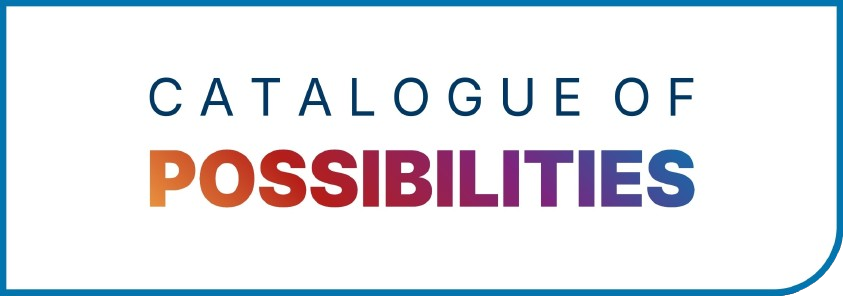Dr Paul Harvey
Senior Lecturer
Strategic Research Areas
I am a computer scientist with a passion for building intelligent, adaptive systems that operate at the edge of complexity—autonomous networks, digital twins, and decentralized control. My research focuses on how systems can evolve, adapt, and respond in real time, particularly in areas such as environmental sensing, telecommunications, and sustainable transport.
At the University of Glasgow, my group explores evolutionary computing, edge intelligence, and networked digital twins. We combine rigorous formal methods with real-world experimentation. For example, we’re contributing to the £20M EPSRC TransiT Hub, using digital twins to decarbonise UK transport, and we’re developing methods to generate and adapt twins automatically. Our students and interns build tools that bridge AI, embedded systems, and societal impact—from autonomous network controllers to air-quality simulators.
I am eager to form deeper collaborations with researchers in environmental science, behavioural modelling, and urban policy. Cities are living systems, and we need to understand both the computation and the context. I’m particularly excited by international partnerships (e.g. Thailand, Japan) and interdisciplinary efforts that combine sensing, simulation, and human-centred design.
I see CDT projects as a space to explore AI-enabled systems for sustainability—e.g., data-driven control of air quality, resilient sensor networks, or autonomous infrastructure at the urban edge. I supervise projects across technical and applied boundaries, and I mentor with a blend of structure, curiosity, and independence. My students have gone on to academic, industrial, and startup roles, working on federated learning, software-defined networking, and real-time AI.
Equity, diversity and inclusion matter deeply to me. I’ve mentored students from underrepresented backgrounds through programmes in the UK and Japan, and I’ve built multicultural research teams in industry and academia. I helped establish the University of Glasgow’s “Standardisation Community of Practice” to support diverse voices in global technology policy.
Outside of work, I play the saxophone, and I’ve performed with jazz ensembles from Tokyo to Glasgow. I find music and research surprisingly similar—both are about patterns, improvisation, and listening. I bring this spirit into supervision: tuned-in, collaborative, and always learning.

